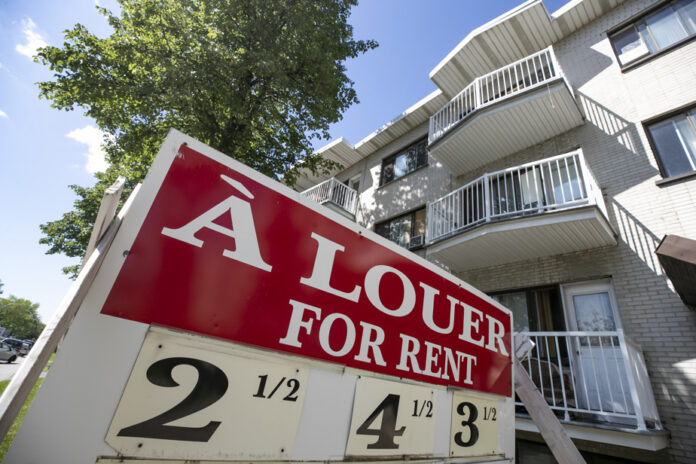(Montreal) Quebec has a “deficit” in student housing construction. To remedy this, several housing and education players met for the first time on Tuesday to put themselves in solution mode.
At the initiative of the Work Unit for the Implementation of Student Housing (UTILE), the purpose of the meeting was first to take stock of needs and agree on a construction target.
“Right now, we can clearly talk about a shortage of student housing in Quebec, even an accumulated deficit because it’s been several decades since we built a substantial amount of student housing,” argued in an interview. Laurent Levesque, the general manager of UTILE, which is working on affordable student housing projects in various Quebec cities.
The meeting, which was held in downtown Montreal, notably mobilized representatives of the ministries of Housing and Higher Education, student associations and colleges and universities.
The issue of housing can begin to represent a barrier to access to higher education in a context where affordable housing is scarce in many regions, according to Mr. Levesque.
“Today, we are paying the price somewhat for the slowdown and near stagnation in student housing construction over the past decade. It’s kind of because it fell between Higher Education on one side and Housing on the other,” he explained.
The leader of the non-profit organization maintains that the issue affects not only the metropolis, but all of the student cities of Quebec, from Gatineau to Saguenay via the Capitale-Nationale, Trois-Rivières and Sherbrooke. And the difficulties in finding a roof naturally manifest themselves more during the back-to-school period, explained Samy-Jane Tremblay, president of the Quebec Student Union.
“In recent years, several universities have appealed to their population and even to the staff to encourage these people to offer accommodation to students who were desperate and who could not find accommodation for the start of the new school year. “, related the student leader to The Canadian Press.
The discussions should make it possible to identify priority measures to accelerate construction starts, particularly on aspects of financing, regulations and collaboration between public authorities and developers, summarized Mr. Levesque, before the start of the encounter.
While waiting for new buildings for students to come out of the ground, the UQE, which brings together university student associations, is calling for a new improvement to the financial assistance program for studies by taking into account the real cost of housing on the market.
According to data from UTILE, “we realize that the median rent for a student is between $600 and $700. This means that the majority of financial assistance, which is currently around $1,200 per month, will go directly to housing, whereas housing is considered affordable when it represents 30% or less of the budget.” argued Ms. Tremblay.
Quebec would have more than 250,000 student tenants.
Around the table was also the Real Estate Company of the Regroupement des centers d’intérieures du Québec (SIRCAAQ).
Indigenous students are often faced with barriers from the outset that their non-Indigenous colleagues will not necessarily have to experience, whether linguistically or culturally. Their housing needs differ.
In consultation with the communities, the SIRCAAQ creates living environments with various services to break down these obstacles as much as possible, mentioned its director general, Laurent Odjick.
“Often in our case, it’s young single mothers who are going back to school and have dependent children. So it takes them daycare to go to their classes,” he said.
SIRCAAQ, which has existed since 2019, already has two projects under construction, in Sept-Îles and Trois-Rivières. Two other developments are also in the pipeline on the campus of Laval University, in Quebec, and in Chibougamau, in Nord-du-Québec.
SIRCAAQ projects are arousing curiosity elsewhere and could spread to other regions of Quebec, Odjick said.


















